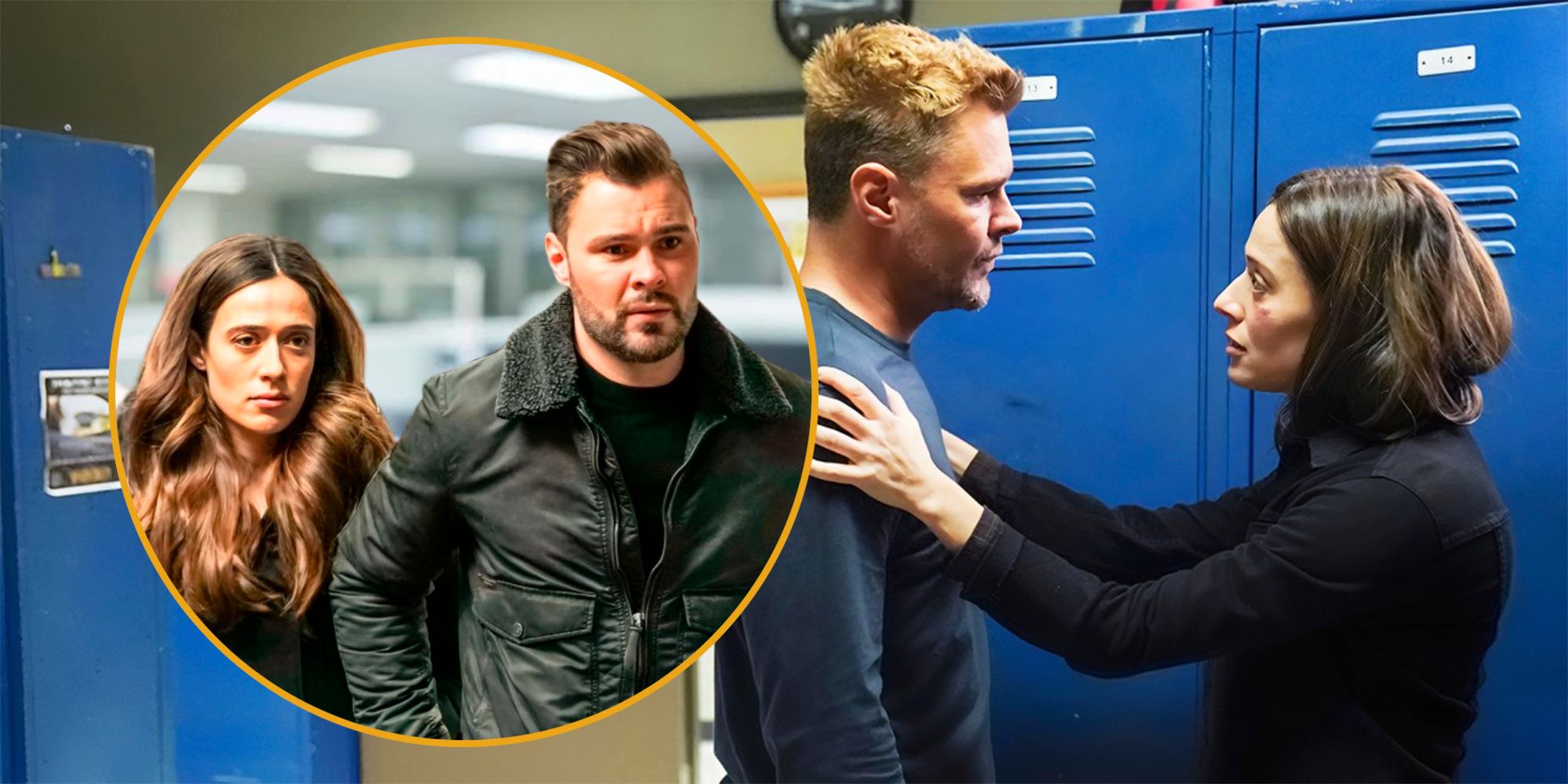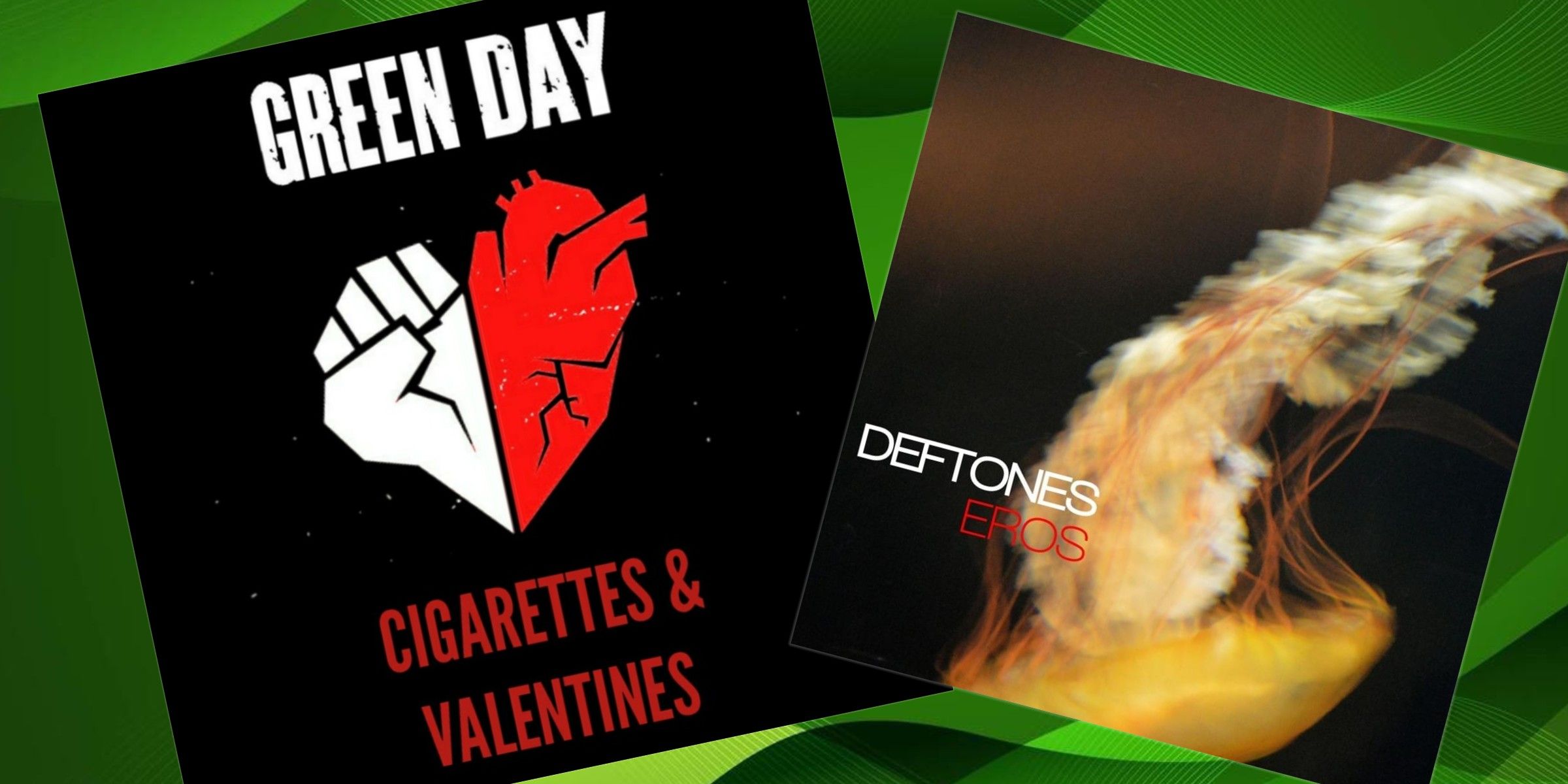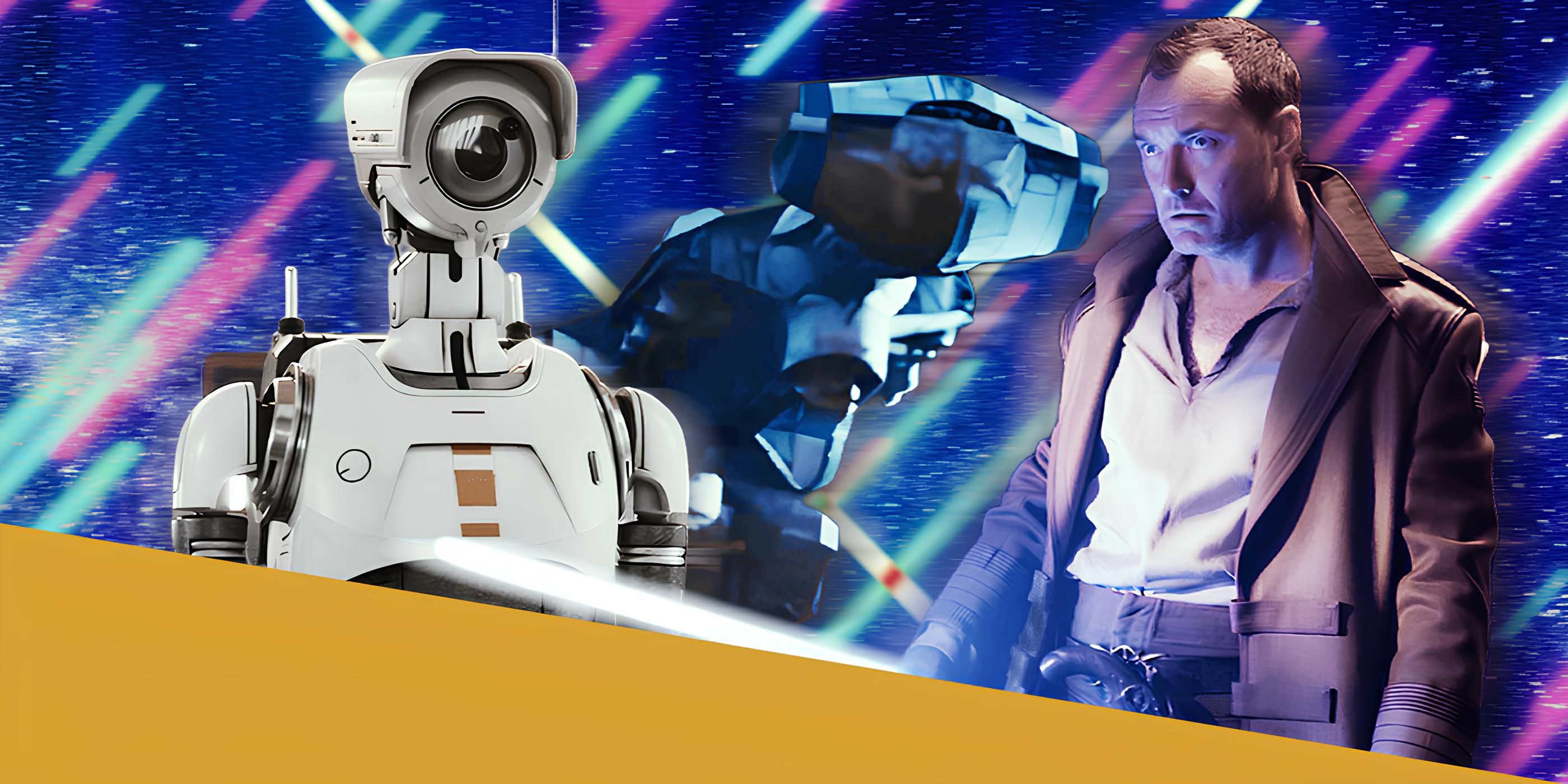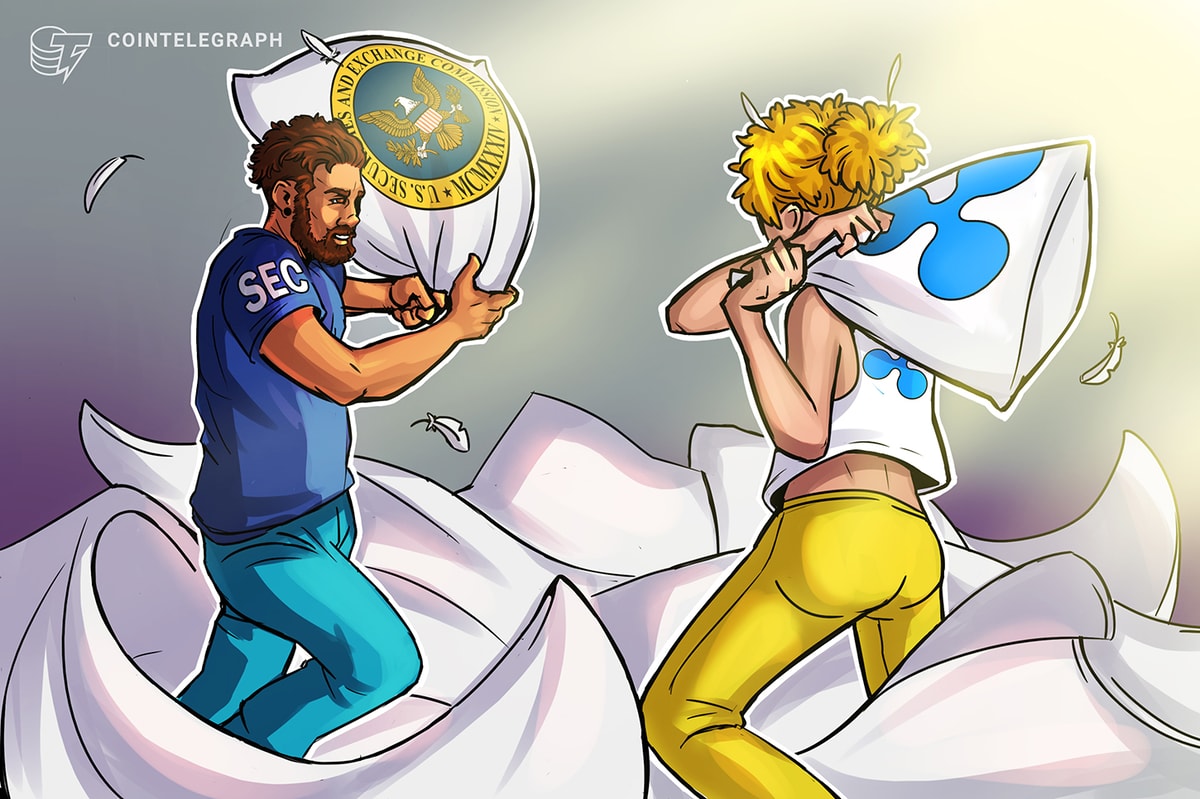Swedish filmmaker Magnus von Horn finds himself in some rarefied, multi-cultural air this awards season, appearing on both the International Oscar shortlist and the BAFTA longlist in the comparable category for his first Danish-language feature, The Girl with the Needle.
Von Horn’s Swedish-produced debut, The Here After, premiered in Cannes’ Directors’ Fortnight in 2015, while his second feature film, the Polish-produced Sweat, was part of the official program of the Covid-canceled Cannes in 2020.
The filmmaker currently resides in Poland and has dual citizenship with Sweden, so what drew his interest in pivoting to a Danish movie? In the Q&A below, he explains it was the story itself that touched upon his own inner fears.
Starring Vic Carmen Sonne and Trine Dyrholm, The Girl with the Needle is inspired by one of Denmark’s most notorious murder cases. It follows Karoline (Sonne), a young factory worker struggling to survive in post-WWI Copenhagen. When she finds herself unemployed, abandoned and pregnant, she meets Dagmar (Dyrholm), a charismatic woman running an underground adoption agency, helping mothers to find foster homes for their unwanted children. With nowhere else to turn, Karoline takes on the role of a wet-nurse, and a strong connection is formed between the two women, but Karoline’s world shatters when she stumbles upon the shocking truth behind her work.
Deadline’s review called the film “an unequivocal and beguiling triumph.”
The Girl with the Needle premiered in Cannes last May and has gone on to win myriad prizes, including 12 at the Polish Film Festival as well as two European Film Awards and the Golden Frog at Camerimage. It was named a Top 5 International Film by the National Board of Review and nominated for a Golden Globe. One of Deadline’s Ones to Watch ahead of Cannes, von Horn was also anointed a Director to Watch by the Palm Springs International Film Festival.
Von Horn below expands on the film’s trajectory, how it has employed “time travel to reflect something about our current world” and working with Danish superstar Dyrholm. Here’s our discussion which has been condensed and edited for clarity:
DEADLINE: Why did you decide pivot to making a Danish-language feature? And what about the story grabbed you?
MAGNUS VON HORN: It was presented to me from the Danish producer and my co-writer (Line Langebek) when it was just an idea. So it was supported by Denmark, and was always meant to be a Danish film… Eventually, I wanted to bring on Poland as well, because that’s where I live, and that’s where I have my creative team — and get Poland involved in the production as well, so that I can access my people and use my territory to shoot it and make it. It just makes me a better filmmaker.
But before that, one part of me always wanted to make a horror film. When I heard about this, it was something that scared me. It was an idea that touched on this fear I have — I was a quite new father at the time — like, what if something will happen to my kids? In my experience, you can lie at night and imagine horrible things, and it’s a dark hole. You can do nothing about that fear, but I found that what I can do, at least, is I can use it in a creative way. I’ve done it before, to use fear as a creative kind of fuel, and that has always worked for me well because something very personal often comes out of it.
DEADLINE: So, do you seek out projects that make you afraid or confront a fear? Whether they be about the story or the actual process?
VON HORN: Both. I remember before I came across this story, I spoke with my Polish producer (Mariusz Wlodarski) and I said, “I want to do something about the death of a child.” That came from being a new father, or being new at being a father. And at the time, I had no real story for it. And I remember Mariusz was like, “Okay, let’s not go there, it’s so dark.” But when I came across this story, and I heard about this, I thought, “Okay, this has potential of a way of telling that story, or working with that fear.”
So it’s like I have that in the back of my head, I’m looking for a way to tell it and this story from Denmark became a vessel because I’d never imagined a way to tell that will be through a period piece. At the same time, it’s always a challenge: How do you tell this story with such dark material connected to such fear? It’s the challenge of how to make that also entertaining in some way… You have to make that engaging as a story, and not just like, here is me pouring out my heart. No one cares about that. I think that’s the art of filmmaking, or literature, or anything, is here is all these things I have inside, but no one will listen to me if I just stand up and say, “Hey, listen, I’m scared of this.”
When I speak to a lot of people just in general life, not necessarily filmmakers, they don’t like to use their fear. They don’t want to confront their fear; they would like to watch it in movies. I don’t have problems with working with my fears.
DEADLINE: What do you think before this film led you to believe in that?
VON HORN: The previous films I made have been some ideas inspired by true crime. I don’t have this fascination of gore or, you know, psychopathic behavior and brutality — I hate it. But I do have a fascination, and it often comes through true crime, where I see a certain kind of humanity, or I see a part of myself in something where I don’t want to be placed, where I don’t want to see myself. I feel that always provokes me and I wonder, “Is this something I can speak about and still keep the discussion or the film on a level where it’s about humanity and the good and the bad in the human being?” — and it doesn’t become how to not just make it exploitive or shock factor, which I’m not interested in.
It’s always a kind of a dare towards myself. The human being is much more complex and good and bad than we’d like to present it. I always feel like we like to think of ourselves as very noble, and our idea about ourself is more noble than we are able to somehow correspond to.
So when people say, “Oh, this character is so dark and good and bad. She’s not this cute little like victim,” to me that’s very basic in any story — a person is good and bad.
DEADLINE: How did you come to work with your actresses? Was Trine Dyrholm the first wish for the part of Dagmar?
VON HORN: I knew about Trine because she’s a big Danish star and is the best actress in Denmark, and I always wanted to work with her, so that was a first choice for me. But when I approached her the first time she said no to the script, because it was not ready. She’s not only a good actress, she’s a good filmmaker when it comes to story, to think about the whole idea of a film. She’s very experienced and talented, and she felt the script was not ready yet.
That was very good motivation. I mean, she said it in a very nice way, but it sent me back to keep on working on the script, to then approach her again a year later and get her on board, which was a very good feeling. I’ve always seen her as fearless, a fearless actress. And this part, I think you need to be fearless. I could even see when the script was not on her level yet, she was intrigued by it. Later, I found out she knows a great deal about the real person her character is based on. So I think it was very interesting for her as well.
DEADLINE: Did that make for some enlightening conversations between the two of you?
VON HORN: Completely, because in Denmark, it’s a question: “Okay, so how do we do this?” It’s such a famous character, so there are all these assumptions and roots in the country, but I don’t have that. I have what I call this healthy arrogance towards everything that is national to them, that doesn’t have these national roots for me. So I thought of it more as a creation. I didn’t want to make a biopic on this character.
I had three references I gave her — one was Fagin from Oliver Twist from the 1948 version by David Lean, which is a psychopath, but very charming and quite funny the way it’s acted; Regan in The Exorcist when the devil speaks through her; and Willem Dafoe’s character in The Lighthouse — and she kind of really quickly got that.
DEADLINE: That’s interesting because The Lighthouse is a much more recent reference than the other two…
VON HORN: I wanted to mix it. It’s good to have different references from different times. But I think it was to suggest that she can have some fun with this character, and not to forget that and to play with that. And I think she did very well, because that’s also the tension we play with with the audience and with Karoline.
DEADLINE: And how did you settle on Vic Carmen Sonne to play Karoline?
VON HORN: It was a much longer journey because I connected with her maybe two years before we started shooting. I have this fear of always not finding my main actor. On my first film, I lost my main actor twice, like just before shooting, and had to postpone. So I always seek out the main actor very early. But I was introduced by a casting agent to these potential actresses for Karoline, and most of them looked very healthy — and that says something good about Denmark, because it’s a welfare system that exists on a level where everybody’s middle class. I’m not saying Vic doesn’t have that, but she has an appearance and a presence that I can even buy without costume and makeup, that, okay, you fit into this factory 100 years ago that I’m envisioning. That was really important for me, that there is a certain level of credibility. I want to take the audience on a time travel. I don’t want to play the game of these are a bunch of people wearing fake mustaches and dresses just pretending. She was a part of that, but not only on the outside, she also has an emotional range which is always surprising and mixed and unpredictable, which I find very interesting because it also makes me believe in this world where a different set of rules are in charge of society, so we act in a different way. It’s also a sense of handing over the created fictional character to someone who will do something interesting with it.
DEADLINE: What, if anything, has surprised you in people’s reaction to the film since its premiere back in May?
VON HORN: The surprise that I felt is that the film resonates so strongly in different parts of the world when it comes to abortion, because it’s such a politically strong topic, and for humans. I mean, for me, it’s important because I live in Poland, and I’m pro-choice, and the freedom of choice has been taken away by politicians in Poland.
I didn’t know if it was going to resonate in that field as strongly in the U.S., for example, but it has. I’m maybe even surprised and happy about that surprise. Most of the conversations I have end up about abortion and what choice women have in different countries or societies where I’m screening the film, and that’s a conversation that was always really important for me, and it’s something that became very important because during development of this film, the laws in Poland, where I live, changed, and that affects so many people in Poland, and that has been important for me to speak about.
DEADLINE: It certainly lends a timely layer to the drama…
VON HORN: I think it’s really an important layer, because it’s not gonna work that way in all societies, because some are very different, and thank God. I say this film is like a science fiction to me. You know, we use time travel to reflect something about our current world. And I think about this film, the more similarities you find to your own society, the worse it is. And if you find none, then good for you.
DEADLINE: Did it surprise you that, as a non-Danish filmmaker, your film was put forth by Denmark? Does that kind of lend any extra pressure?
VON HORN: I don’t feel pressured about it at all, I feel honored. I’ve always admired any Danish cinema. It’s nice to be part of it. It’s funny, the rivalry between Denmark and Sweden is always very present, so there are lots of jokes on that, but that’s just funny to me. I didn’t think about it before. When we premiered in Cannes, when we got that kind of confirmation — I’m not going to pretend that I’m all through the process like, you know, completely confident that this is going to be a great film when I have the great premiere we dreamt about. My life is a roller coaster of in and out of confidence. After we premiered and after we saw what the summer did to the film, and how the film lived and was presented, then I started to feel very confident that this could be an Oscar contender for Denmark. But it was never something I would expect not having had that premiere. Just as a human, I rely on the praise of others to survive.









 English (US) ·
English (US) ·